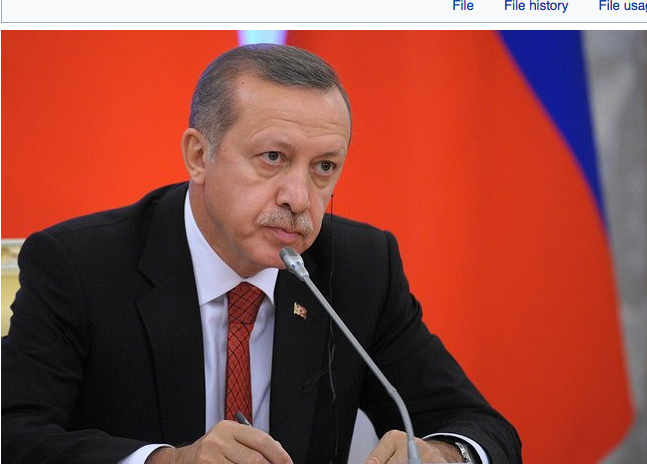Since the start of July, EMD assets have bounced with local and dollar debt markets up. According to Investec Asset Management, the positive returns reflect the still solid fundamentals across most of EM and the extent of the sell-off in Q2 reinvigorating value into the asset class. However, Turkey has been the noticeable exception – it is the only country to have a material negative return.
Grant Webster, Portfolio Manager, Emerging Market Fixed Income at Investec believes that “the drivers of recent weakness have been the same drivers that have weighed on the country’s markets over the medium term; namely a lack of credibility at the central bank, an unwillingness or inability to address external vulnerabilities and, related to both these points, a troubling political backdrop of heterodox macro policy and increasing authoritarianism.”
For Webster, both domestic and foreign politics are headwinds for investors. Relations with the US have also worsened, which speaks to the ongoing deterioration in relations with the West, and “since Erdogan’s election victory in June, there have been several moves that have rattled investors including, changing the rules to make the central bank governor a political appointee. Moreover, the appointment of his son-in-law (and potential successor), Berat to head up the finance and treasury ministry.”
He also mentions how the July meeting of the central bank disappointed markets after, and despite both core and headline inflation surprising more than a full percentage point higher, rates were kept on hold and the forward-looking guidance was left unchanged – “the optics couldn’t have been much worse given the fresh concerns about the politicization of the central bank,” he states.
Webster also notes that the current account deficit remains above 5% and that net foreign-exchange reserves keep on dropping, while the currency’s weakness is exerting major pressure on corporate balance sheets.
According to Webster, Turkey is now in very challenging waters but there are some measures it can take to navigate the risk. “The major supporting factor for Turkey is that the government has relatively low levels of debt. Even under our severe scenario analysis debt levels remain manageable. However, if the government is going to take advantage of this supportive starting point, then at the very least we think they need to”:
- Hike rates by around 500-700bps to take rates to 23-25%
- Tighten fiscal policy including by increasing fuel and energy prices
- Act to prevent more damaging US sanctions by re-engaging with the West at the highest level
- Put in place plans to establish a “bad bank” which could take on non-performing loans from the banking sector in return for capital injections
“Taken together this would stem local demand for dollars, curb inflation expectations, reaffirm fiscal prudence and bolster investor confidence. However, what Turkey needs, and what the government does, are separate questions. If the government delays and the situation continues to deteriorate, we believe the government may need to source around $50bn to finance a bank bailout, as well as increase FX reserves”. As they see it there are perhaps three possible scenarios for how they may try to achieve this.
- Seek IMF and Western support- The best outcome is also the least likely: a return to orthodoxy.
- Seek support elsewhere: China, Russia and Qatar are potential sources of funding- Given his seeming antipathy towards the West, Erdogan might turn eastwards:
- Local ‘solution’- A materially worse outcome than either would be something more akin to autarky
“Turkey is between a rock and hard place. The authorities have some tough decisions to make, but seem unwilling to recognise the scope of the fragilities or take sufficient steps to address them. Ultimately, the market will impose a reckoning. At some point the value that has opened up might start to look like an attractive entry point, but much will depend on the choices made by the authorities. For now, we remain relatively conservatively positioned across portfolios, preferring opportunities elsewhere in our universe where we see better fundamentals and more constructive policy-making.” Webster concludes.

